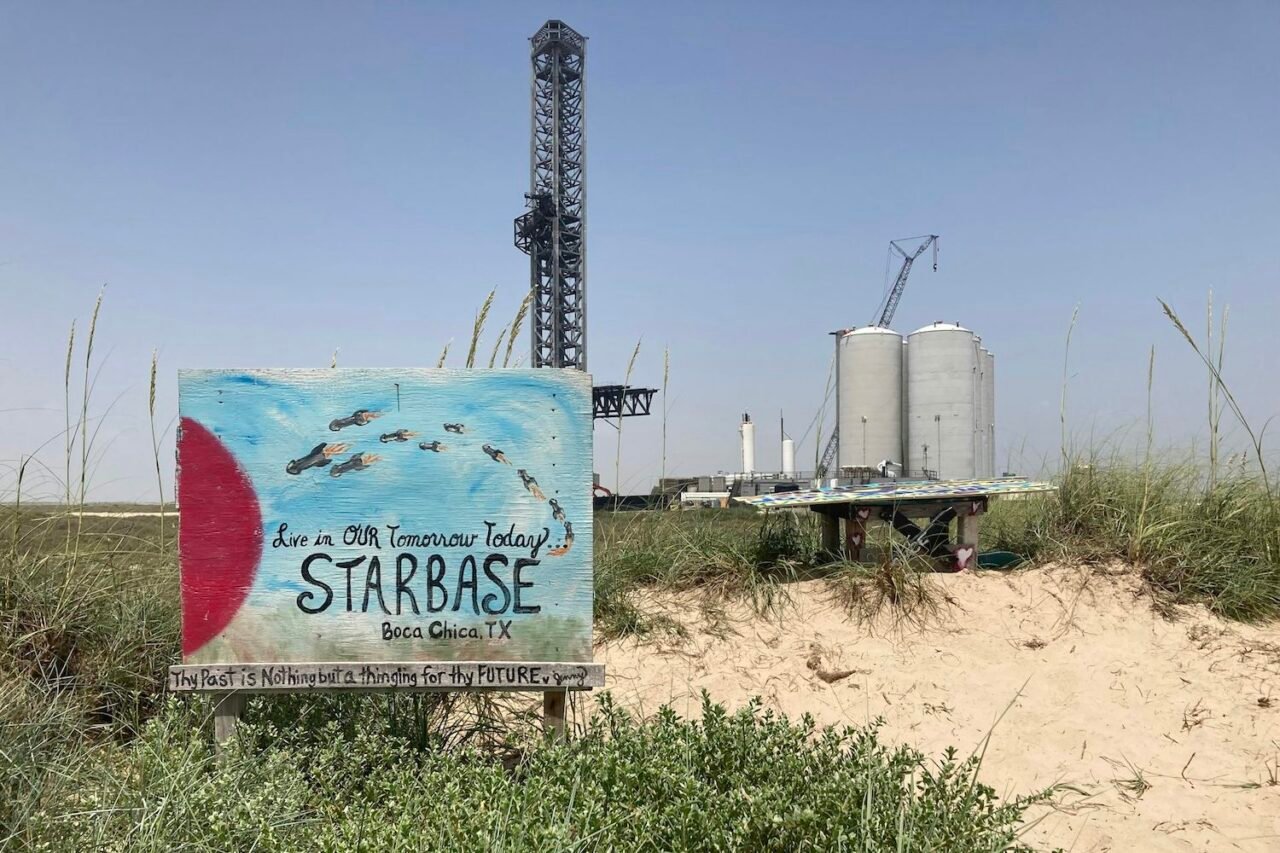Elon Musk’s company, SpaceX, has taken significant steps to expand its control over the Boca Chica beach area in Texas, following an agreement with Cameron County. This arrangement allows SpaceX to close the beach ahead of the anticipated launch of its Starship megarocket, scheduled for October 13, 2023. The decision has sparked debate as the company seeks to strengthen its presence while facing rising concerns from local residents and environmental groups.
New Agreement Grants Beach Access Control
In late September, Cameron County approved a deal that grants control of portions of Boca Chica beach to Starbase, the community built around SpaceX’s operations. This agreement enables SpaceX to restrict beach access in preparation for its 11th test flight of the Starship rocket. The closure of public spaces for rocket launches has previously been a contentious issue, as residents express unease about the impact on their daily lives and the local wildlife.
Following a vote earlier this year, Starbase was officially recognized as a town, encompassing about 1.6 square miles (4.1 square kilometers) and housing approximately 500 residents, many of whom are SpaceX employees. The company has pursued land acquisitions in the area since 2012 and has plans to develop additional amenities, including a proposed $15 million shopping center.
The establishment of Starbase has raised concerns among some residents, especially regarding new zoning laws that could affect property rights. Prior to the town’s designation, SpaceX had actively sought the authority to close nearby public beaches and roads during rocket launches and testing activities. With the recent agreement, this responsibility now falls under the jurisdiction of Starbase, enhancing the company’s operational capabilities in the area.
Environmental Concerns Amid Launch Plans
As SpaceX prepares for the upcoming Starship launch, environmental organizations are voicing worries about the potential impacts on local wildlife and habitats. Critics argue that the increasing frequency of launches may disrupt the delicate ecosystem surrounding Boca Chica. The company plans to conduct as many as 25 launches each year once Starship becomes fully operational.
In addition to local opposition, SpaceX is facing scrutiny from the Environmental Protection Agency (EPA). The agency has proposed fines totaling nearly $150,000 for allegedly discharging pollutants into a Texas waterway without the necessary permits. This situation adds to the complex dynamics surrounding SpaceX’s operations, as the company balances ambitious goals with the need to address environmental regulations.
The ongoing developments at Boca Chica underscore the tension between technological advancement and environmental stewardship. As SpaceX moves forward with its plans, the reactions of local residents and environmental advocates will likely play a crucial role in shaping the future of the area.





































































